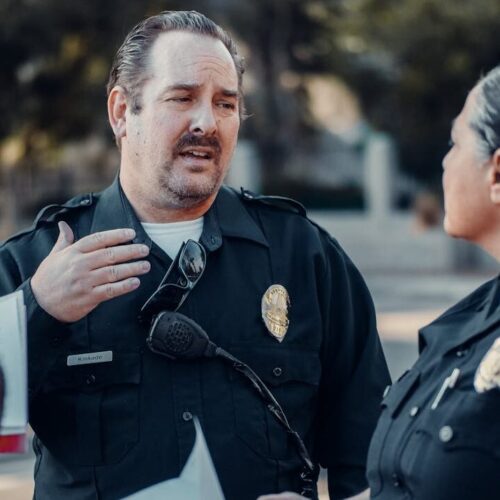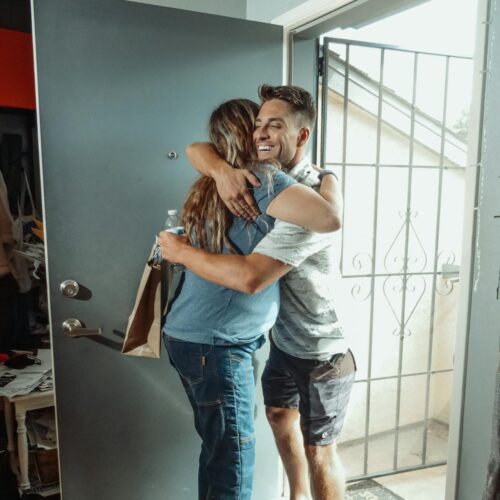
Apply Now for Co-occurring Substance Use and Mental Health Crisis Focus Group
************This application deadline has passed.************
The Council of State Governments (CSG) Justice Center, in coordination with The National Police Foundation (NPF), invites you to apply to participate in a virtual focus group on developing innovative models for calls involving co-occurring substances use and mental health crises. The focus group will be held virtually on January 20, 2022, at 1-2:30 p.m. ET.
With support from the U.S. Department of Justice’s Bureau of Justice Assistance, this focus group is an opportunity for law enforcement agencies of all sizes to participate in a collaborative learning session. CSG Justice Center and NPF staff will select a limited number of participant agencies to share experiences and discuss key topics—-related to approaches to responding to crisis calls for service—with peers and subject matter experts related to approaches for responding to crisis calls for service.
Selected participants will have opportunities to preview new resources, provide input on needed resources and discuss challenges and innovations as they continue to develop, refine, and implement their response programs. The focus group will also be an opportunity to problem solve with subject matter experts and peer agencies on a variety of priority topics.
If you are interested in participating, submit the following application form no later than January 5, 2022. Selected agencies will be notified by January 12, 2022. For any questions, contact Dominique Burton at dburton@policefoundation.org.
Project Contact

The sharp rise in school shootings over the past 25 years has led school officials across the U.S.…
Read MoreA three-digit crisis line, 988, launched two years ago to supplement—not necessarily replace—911. Calling 988 simplifies access to…
Read MoreIt would hardly be controversial to expect an ambulance to arrive if someone called 911 for a physical…
Read More Taking the HEAT Out of Campus Crises: A Proactive Approach to College Safety
Taking the HEAT Out of Campus Crises: A Proactive Approach to College Safety
The sharp rise in school shootings over the past 25 years has led school officials across the U.S. to take a closer look at ways to keep students safe. For Chaffey College in Rancho Cucamonga, California, a tragic incident at a nearby university hit close to home and spurred campus leaders to revisit their own school’s threat assessments and crisis responses.
Read More From 911 to 988: Salt Lake City’s Innovative Dispatch Diversion Program Gives More Crisis Options
From 911 to 988: Salt Lake City’s Innovative Dispatch Diversion Program Gives More Crisis Options
A three-digit crisis line, 988, launched two years ago to supplement—not necessarily replace—911. Calling 988 simplifies access to services when people are seeking help for themselves or loved ones with suicidal thoughts, behavioral health concerns, or substance use-related crises.
Read More Matching Care to Need: 5 Facts on How to Improve Behavioral Health Crisis Response
Matching Care to Need: 5 Facts on How to Improve Behavioral Health Crisis Response
It would hardly be controversial to expect an ambulance to arrive if someone called 911 for a physical health emergency. And yet, for years, the default responders for a behavioral health emergency have been law enforcement officers, not behavioral health professionals.
Read More











